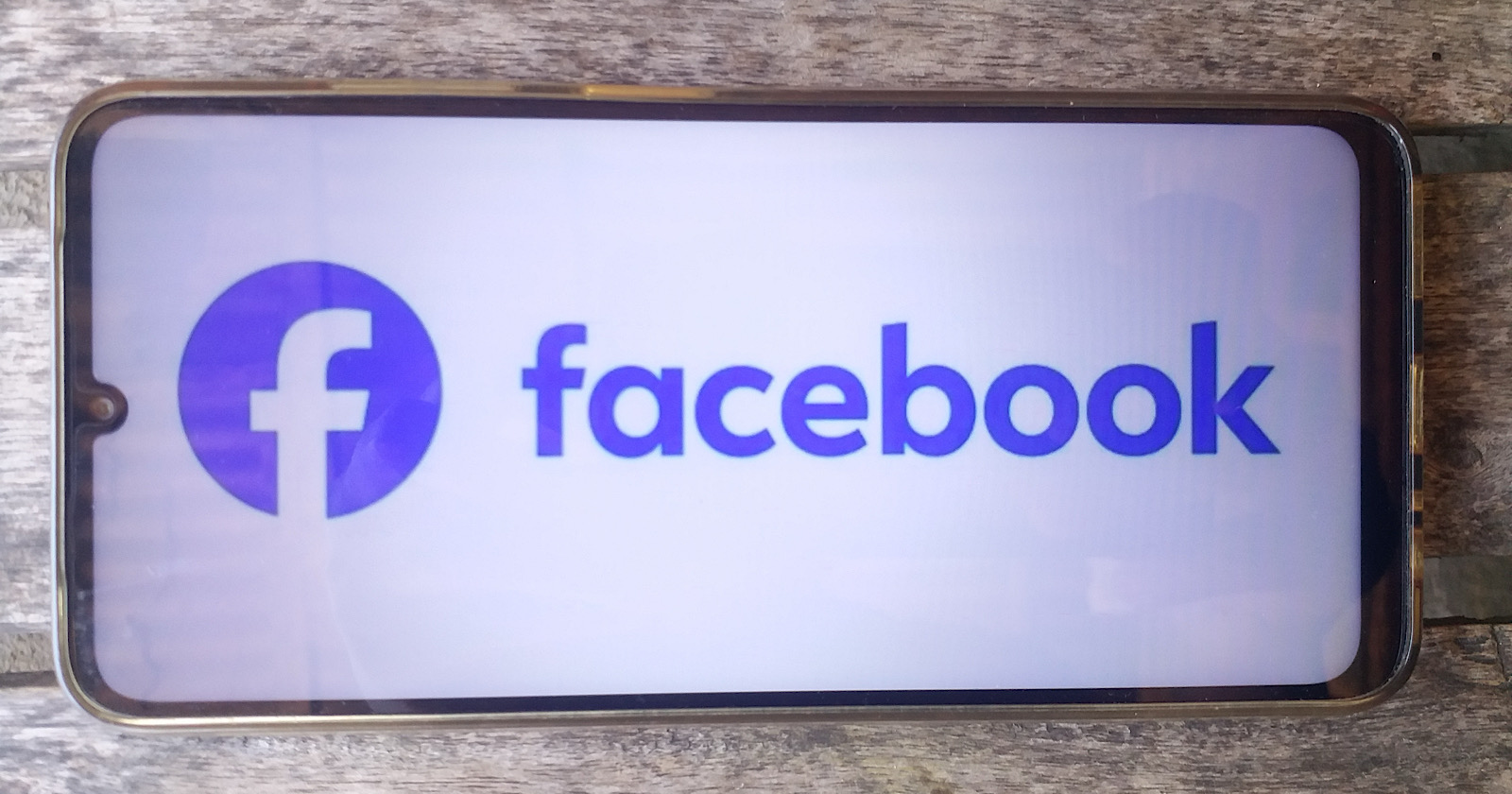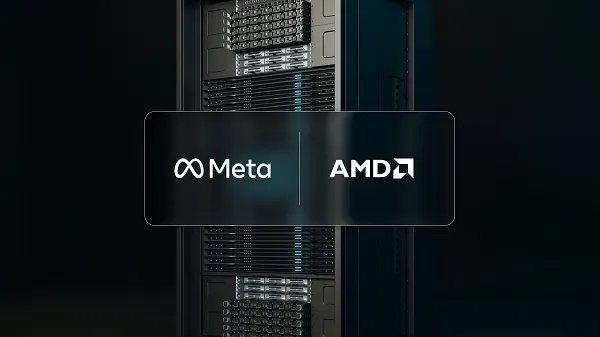The Franchise Marketing Playbook, From Social to Email
Franchise Marketing 101: A Primer Marketing a franchise brand is a balancing act. Franchisors need to support franchise development, raise brand awareness in existing and new markets, and support franchisees on the ground with effective campaigns across multiple channels....

Marketing a franchise brand is a balancing act. Franchisors need to support franchise development, raise brand awareness in existing and new markets, and support franchisees on the ground with effective campaigns across multiple channels. Done right, your franchise organization could be the next Chipotle, Mr. Rooter, or Jiffy Lube.
What Is Franchise Marketing?
Franchise marketing balances two mutually beneficial priorities. First, it must efficiently build the national brand’s awareness so that consumers everywhere recognize its products or services. Second, it must support individual franchise locations, helping franchisees generate leads, sell coffee, and make the phone ring.
With an effective franchise marketing strategy, national and local franchise efforts are cohesive, streamlined and integral to the organization’s long-term success. Both franchisor and franchisee clearly understand their respective responsibilities, follow an established franchise marketing plan, and work together to grow the entire system.
The national marketing team may divide consumer-facing efforts from franchise development marketing depending on the organization. This allows one team to focus on creating, managing, and optimizing efforts to increase brand awareness amongst its target audiences while tasking a separate group to focus on franchise development or marketing and selling new franchise locations. Even when these teams are divided, it’s important to maintain brand standards, so prospective owners see a cohesive voice and tone in consumer-facing and development messaging.
How to Market a Franchise, Channel-by-Channel
The world’s most successful franchise organizations were built, in no small part, by a cohesive marketing strategy. Today, that means being active across marketing platforms and understanding when corporate should retain control over certain channels and when to empower franchisees to handle things themselves.
SEO for Franchises
National franchise websites are incredibly important for building brand awareness and winning valuable organic traffic from users ready to convert. Whether it’s a coffee chain or a plumbing company, franchises use local SEO to guide users through the sales funnel toward conversion.
Blogs, including white papers and similar resource content, drive top-of-funnel how-to and research-oriented searches that often make up most of a franchise’s non-branded search impressions.National service or product pages establish the features of the brand’s core offerings and differentiate them from the competition.Local pages, such as local homepages or service pages, introduce a specific location to a qualified audience in the franchisee’s licensed area.Never underestimate the value of local SEO. For franchises and most location-based companies, local search translates to revenue. 87% of consumers use local search to evaluate a business before converting, which means having a strong, unique local presence on a national website is critical to serving both national and regional interests.
Build a strong organic presence before investing heavily in paid campaigns. In many cases, SEO results can inform your PPC strategy and make paid ad spending more efficient.
PPC for Franchises
This is one of the toughest things for franchise marketers to get right. A sound, well-researched national PPC strategy is wasted when local owners bid on the same keywords, use mismatched ads, or muddy paid reporting with inconsistent attribution. Start by aligning SEO and paid by seeing where your domain underperforms for certain terms. At the same time, look for pages with higher conversion rates and optimize those landing pages or forms to funnel paid traffic.
Before you spend a dime, give local franchisees resources to maximize their local service ads and other PPC efforts without negatively impacting national efforts. That playbook may look very different across franchise systems, but it’s important that everyone knows their role.
Social Media Marketing for Franchises
Social media is one of the most important marketing channels for any brand, and that’s especially true for franchise organizations. Well-run local franchisee accounts on Facebook, Instagram, and TikTok allow each location to show its personality, highlight its staff and customers, and connect with the community. Allowing individual franchise pages comes with certain risks. It’s all too easy for a local page to use branded assets incorrectly, misrepresent the brand’s voice, tone, and values, or handle criticism unprofessionally.
Those are inherent risks of social media; for franchises, one bad local post can also infect the national brand. There are tools designed to mitigate these risks, such as joint national and local social media platforms with centralized posting controls. The best way to head off angry Facebook rants and mismatched logos is to provide franchisees with ample resources, including corporate-approved brand photography, a brand style guide kit, and up-to-date social media best practices and training.
Don’t forget about reviews, either. Whether it’s on Facebook, Yelp, or Google Business Profile, decide on a franchise review management system that centralizes responding to questions and comments or empowers franchisees. Customer reviews matter; 92% of consumers read online reviews before making a local purchase or visiting a brick-and-mortar store. They’re especially important for service businesses, including electricians, legal professionals, and, you guessed it, marketing agencies.
Email Marketing for Franchises
Email marketing in the franchise space can look very different depending on the industry, the size of the organization, and company resources. No matter where you’re at today, start with the most important part of email marketing: grow your list. From a national newsletter to collecting email alongside customer contact information at your point of sale, building an email list allows for more personalized messaging and increased conversions.
With a large, healthy email list, franchise systems can:
Segment users based on behaviors (past purchases, abandoned carts, etc.).Send to or exclude users based on location.Create higher-quality remarketing campaigns for PPC.Build optimized email flows for new subscribers based on their interests.Franchise-focused marketing doesn’t have to be generic; your customers love engaging, personalized email. 60% of consumers prefer email over other forms of marketing, which means the inbox is exactly where brands should be.
A Rising Tide Lifts All Boats
Franchising is big business because the model works; over 800,000 franchised businesses in the US generate over $858 billion annually. Marketing franchises at the national and local levels requires a sound strategy, a data-first approach, and the ability to balance immediate needs with long-term success.

 MikeTyes
MikeTyes 
































